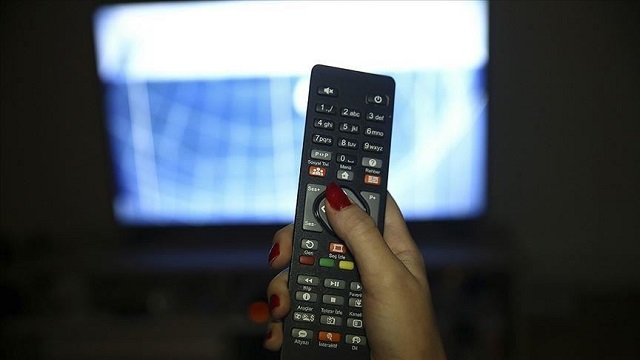
Given the peculiar socio-cultural, politico-economic and security conditions of a society in which the media industry functions, and also given the dynamism of each of these conditions that continuously keep pushing the boundary lines, the industry cannot be forced to abide by a straightjacketed code of ethics. In plain words, what is taboo for media today could be kosher tomorrow.
There was a time, not long ago when we used to switch to BBC Radio to know the truth about our country. It is only since early 1990s that BBC Radio lost its lustre for us because by then our media had forcibly snatched enough space from state control to discuss our truths with a fair degree of freedom.
Considering the evolving dynamism of the platforms, from notice boards to newspapers to broadcast media to social media to smart phones to…, and with information technology merging with telecom technologies, a static media code of ethics would only cause wasteful, counterproductive and harmful news traffic jams.
The best course therefore is to leave it to the media industry to keep evolving a code of ethics of its own, dictated continuously by the constant changes occurring in the code of ethics governing a society. And since its quality is tested at the bar of its integrity and credibility, media organisations worth their name, in their own self-interest, would try not to digress or transgress from their main public service role of seeking the truth, and nothing but the truth.
And in case of any serious digression or transgression the industry could be subjected to the existing laws of the land. There is no need for introducing special laws to discipline the media.
In a free market economy to keep the profit motive of the private sector within the bounds of reason, each industrial sector is regulated by a specific autonomous regulatory body set up under laws legislated by parliament. The private sector media industry too needs to be regulated by such a body.
Our print media is being regulated by the Pakistan Press Council (PPC) and broadcast media by the Pakistan Electronic Media Regulatory Authority (PEMRA). However, since both bodies are not legally autonomous but are the line departments of the information ministry which in turn is part of the government of the day, they function at the whims of the latter and not in the best interest of the nation which runs them partly with tax payers’ money. That is perhaps why directives issued by these regulatory bodies are often challenged by the media. Since it is the information ministry which controls these bodies, governments tend to manipulate them to promote their own political interests through them or misuse them to undermine those of the opposition.
Therefore, to make them truly autonomous regulatory authorities, a bipartisan parliamentary committee could constitute an executive board (EB) comprising members representing all walks of life. The EB could appoint a CEO on pure merit with the latter answerable to the EB who in turn will be answerable to the bipartisan parliamentary committee which would answer to parliament.
The same system could be followed for the release of the Pakistan Broadcasting Corporation (PBC) and Pakistan Television Corporation (PTVC) from government controls. Truly autonomous PBC and PTVC headed by CEOs chosen by their respective boards on merit would serve as peer pressure as well on private sector broadcast media to keep it within the societal limits of the day.
Before embarking on framing our own regulatory authority for social media we need to study how other democratic countries are trying to regulate the same without undermining in any way, media freedom in their respective countries.
Published in The Express Tribune, November 23rd, 2019.
Like Opinion & Editorial on Facebook, follow @ETOpEd on Twitter to receive all updates on all our daily pieces.
1718870162-0/BeFunky-collage-(60)1718870162-0-405x300.webp)
1730504285-0/Martha-(1)1730504285-0-165x106.webp)











COMMENTS
Comments are moderated and generally will be posted if they are on-topic and not abusive.
For more information, please see our Comments FAQ